Introduction
Welcome to my blog. In this article, we will explore different types of food that give us energy and their importance for our bodies. But, do you know what are the energy giving food? Sometimes you might feel that your energy is draining in your day-to-day life. And you want to grab some food items that can boost your energy levels and keep you active all day long. When you consume food that is rich in complex carbohydrates, proteins, and healthy fats enriched with micronutrients, it breaks down and boosts energy production in our bodies. These kinds of foods are called energy giving foods. The nutrient-dense and energy-packed food fuels your body to function optimally.
What Are The Energy Giving Food
We consume different kinds of food in our diet, which affects our health depending on their nutritional values. Eating processed food, sugary food, and deep-fried food provides low levels of nutrients, fiber, and high fat and sugar. These kinds of food are more likely to drain your energy levels and can harm your health if consumed more frequently.
On the other hand, foods that are less processed, or whole grains, fresh vegetables, and fruits, which are also called energy giving foods ensure that your body gets an adequate amount of fiber, nutrients, and natural energy to get you throughout the day. The addition of energy-giving food to your diet provides you with lasting energy that is essential for various physiological functions, daily activities and the overall health of your body.
What Are The Sources of Energy Giving Food?
Seasonal fruits, vegetables, low-fat dairy products, nuts, seeds, whole grains, lean proteins, tubers, and pulses are nutrient-rich food items that are great sources of energy-giving food. We just need to plan and eat the right food to keep ourselves healthy and strong.
Those who want to have a quick glimpse of pictures of energy-giving food…..
Types of Energy-Giving Food
Energy-giving food primarily comprises macronutrients like carbohydrates, fats, and proteins in addition to essential micronutrients and hydration.
Carbohydrates:
Carbohydrates are the primary source of energy in your body. They come in two forms: simple and complex. Both types of carbohydrates get converted into glucose in the body and are used to produce energy. Simple carbs are digested quickly by the body and used as energy. Simple carbs lead to sugar spikes in the body. Complex carbs are usually fiber-rich, take longer to digest, and provide a sustained release of energy. Brown rice, quinoa, oats, whole wheat bread, and sweet potatoes are a few examples of complex carbohydrate-rich foods.
Fats
Fats are an excellent source of concentrated form of energy. Walnuts, flax seeds, avocado, and olive oil are rich sources of healthy fats. Adding these fats into our regular diets can help us to feel full for longer and give a steady release of energy. Including healthy fats in the diet prevents overeating and supports weight loss goals.
Proteins
Proteins are the building blocks of the body; they provide energy and play an important role in the growth, repair, and maintenance of the tissues, muscles, organs, skin, nails, and hair. Chicken breast, fish, eggs, tofu, beans, lentils, and chickpeas are excellent sources of protein. After consumption, proteins break down into amino acids and are further converted into energy. Proteins are essential for various physiological processes essential for optimal functions of the body.
Micronutrients
The micronutrients include essential vitamins and minerals required for maintaining overall health. It includes vitamins such as vitamins A, B, C, D, E, and K ,and antioxidants, minerals like calcium, magnesium, potassium, and trace elements (iron, zinc, selenium, iodine). Citrus fruits, berries, leafy vegetables, tomatoes, almonds, fox nuts, and pumpkin seeds are a few examples of micronutrient-rich food.
Hydration
Staying hydrated is crucial to maintain overall body functions. Water is essential for hydration. The addition of hydrating foods such as buttermilk, cucumber, watermelon, musk melon, oranges, and sweet lime into your diet boosts energy and keeps the body hydrated.
10 best examples of energy giving food
As we have explored now, what are the energy giving food? Let’s delve into some examples of energy-giving food items that are super nutritious and easily available in your local market.
1. Sweet Potatoes
Sweet potatoes are nutrition-packed and very filling. Sweet potatoes are packed with fiber, complex carbs, vitamin C, vitamin B6, beta carotene, potassium, magnesium, and calcium.
The high fiber and complex carbs slow down the digestion process, giving a steady release of energy into your body.
Sweet potatoes can be boiled, roasted, baked, or eaten raw. Sometimes, eating raw sweet potatoes may not be easy to digest. Therefore, boiled sweet potatoes are preferred.
Boiling helps to retain the nutrient values and makes it easy to digest. Sweet potatoes regulate blood sugar levels and lower the oxidative damage in the body.
Studies suggest sweet potatoes are healthier than potatoes.
100 grams of sweet potatoes are recommended to be taken in a day.
2. Dates
Dates are a naturally sweet and rich source of antioxidants. Studies suggest that dates are low in fat but rich in sugars like fructose and glucose. These sugars are the source of high energy that gives instant energy to the body. It is also packed with carbohydrates, fiber, calcium, magnesium, phosphorus, potassium, selenium, and sodium.
The high fiber content of dates improves digestion and regulates bowel movement.
It can be added to smoothies, desserts, oatmeal, homemade energy bars, and many more.
It is the best alternative to sugar and a healthier option for those having a sweet tooth.
Four to five dates can be taken daily on average.
3. Yogurt
Yogurt is a rich source of high-quality protein, which helps to make us feel full and satiated. It contains healthy bacteria and if it’s taken regularly, it improves gut health and prevents constipation.
Yogurt is a rich source of micronutrients such as calcium, potassium, phosphorus, folate, and choline.
It also contains magnesium, selenium, and zinc, which help to boost your immunity.
Studies suggest that yogurt can regulate blood sugar levels, prevent osteoporosis, and reduce the risk of heart disease.
4. Almonds
Almonds are a great option for snacks as they are low in carbohydrates and high in protein, fiber, healthy fats, and antioxidants. These nutrients help to keep the body satiated for longer periods and prevent frequent snacking.
As per the USDA, Almonds are excellent sources of vitamin E, magnesium, phosphorus, potassium, zinc, folate, choline, niacin, selenium, calcium, and iron. Almonds provide multiple health benefits. Regular consumption of Almonds gives
- Healthy and Glowing skin
- Healthy eyes
- Reduces menstrual cramps
- Boost the immune system
- Controls blood sugar levels
- Regulates blood pressure
20-23 almonds are ideally recommended for daily intake.
5. Seeds
Seeds are usually rich sources of fiber, minerals, and healthy fats.
Flax seeds
Flax seeds are packed with various nutrients like protein, fiber, calcium, magnesium, phosphorus, potassium, zinc, selenium, folate, and omega-3 fatty acids. Studies suggest that flax seeds can be beneficial for heart health, protect against cancer, improve digestive health, regulate blood sugar levels, and aid in the weight loss journey.
1-2 tablespoons of roasted and ground flaxseeds can be taken daily.
6. Paneer
Paneer or Indian cottage cheese is an excellent source of protein, calcium, phosphorus, potassium, magnesium, and selenium. Including paneer in your diet helps in the growth and development of teeth and bones. It’s also beneficial for heart, muscle, and nerve functions.
100 grams of low-fat paneer is recommended daily. It can be consumed in raw form, but cooked paneer is preferred over raw. Because raw paneer may cause abdominal discomfort to some people.
7. Oats
Oats are an important source of protein, carbohydrates, soluble fiber, vitamins, minerals, and antioxidants. Eating oats is very filling, controls the blood sugar level, and gives lasting energy.
As oats are a great source of protein and fiber, it’s recommended to take them in the morning for breakfast to keep the body energetic throughout the day. It also contains other important nutrients such as calcium, magnesium, potassium, phosphorus, iron, zinc, selenium, and choline.
Oats are found beneficial in health conditions like heart disease, diabetes, weight management, and digestive health and are also found effective in lowering bad cholesterol.
8. Eggs
Eggs are an excellent source of high-quality protein, which contains all nine essential amino acids. Egg white contains most of the proteins. Egg yolk contains healthy fats and vital vitamins such as vitamin A, vitamin B12, riboflavin, vitamin D, vitamin E, and choline, which help the body to process food and turn it into energy.
As per USDA, a large egg contains 6 grams of protein. Studies have shown that including eggs in your daily diet can make your muscles stronger, help in the repair and growth of tissues, make your bones stronger, and help in weight loss.
Eating 1 to 2 eggs daily is considered safe for a healthy person. But, if you are suffering from health conditions like heart disease, kidney issues, animal protein allergy, or digestive issues, then you must consult your health expert before including eggs in your diet regularly
9. Chickpeas
Chickpeas are packed with protein and fiber. These macronutrients slow down the digestion process and give a steady rise in blood sugar levels, providing a sustained form of energy.
Eating chickpeas promotes fullness. It can reduce your appetite and calorie intake for your next meal. It contains iron that can help you feel more energetic if consumed regularly.
As per USDA, one cup of chickpeas contains 14.5 grams of protein and 12.5 grams of fiber. Chickpeas are healthy and contain nutrients like calcium, magnesium, potassium, phosphorus, selenium, zinc, and folate.
10. Bananas
Bananas are highly nutritious and healthy. It is a good source of fiber, carbohydrates, potassium, manganese, vitamin C, vitamin B6 and antioxidants. It also contains natural sugars like sucrose, glucose, and fructose. These sugars provide instant energy. Thus, eating bananas half an hour before exercise or gym is recommended. It promotes muscle and nerve function, provides energy and supports heart health.
As per USDA, a medium-sized banana contains 26.9 g of carbohydrates and 3 g of fiber, with total sugars of 14.4 grams and 422 mg of potassium.
Two bananas a day are recommended by most health experts.
There are some more energy giving food items that you can include in your diet.
- Avocados
- Apple
- Peanuts
- Quinoa
- Millets
- Pulses
- Brown rice
- Tofu
- Pistachios
- Salmon and tuna fish
- Chicken breast, turkey
Conclusion
I hope you are now familiar with what are the energy giving food. and its nutritional benefits. A balanced meal with a combination of complex carbohydrates, proteins, and healthy fats maintains the blood sugar level, promotes steady energy levels, and reduces fatigue. When we start incorporating healthy, nutritious food into our daily diet, it increases metabolism, makes us feel active and focused, increases stamina, and boosts immunity. With regular physical exercise and good, nutritious food, you can maintain your energy levels.
FAQ’s
1. Foods that give energy in the morning.
Ans. Food items like oats, eggs, cheese, bananas, whole grains, peanut butter, whole wheat bread, poha, and steamed sprouts can be included in the morning breakfast. These foods provide energy and can help regulate blood sugar levels, too.
2. Which fruits give you the most energy?
Ans. Fruits like apples, bananas, oranges, blueberries, strawberries, coconut, avocados, dates, peaches, watermelon, and pineapples give you energy and are good for overall health and boost immunity.
3. What is the best protein for energy?
Ans. Pulses, beans, Tofu, cottage cheese (paneer), Greek Yogurt, eggs, chicken breast, and fish are amazing sources of protein energy.
4. Which food gives you instant energy?
Ans. Walnuts, Brazil nuts, almonds, cashews, raisins, Peanuts, pumpkin seeds, yogurt, oranges, apples, watermelon, bananas, sweet potatoes, and eggs are some of the instant energy-giving foods. It can be taken as a mid-meal snack to keep you going.
5. What food reduces weakness?
Ans. Including a balanced meal in your daily diet, combined with carbohydrates, proteins, healthy fats, vitamins, and minerals, helps to reduce weakness and makes you agile and healthier. E.g,. Whole grains, fruits, vegetables, seeds, nuts, lean proteins, and low-fat dairy products can provide you with the essential nutrients required for your body.
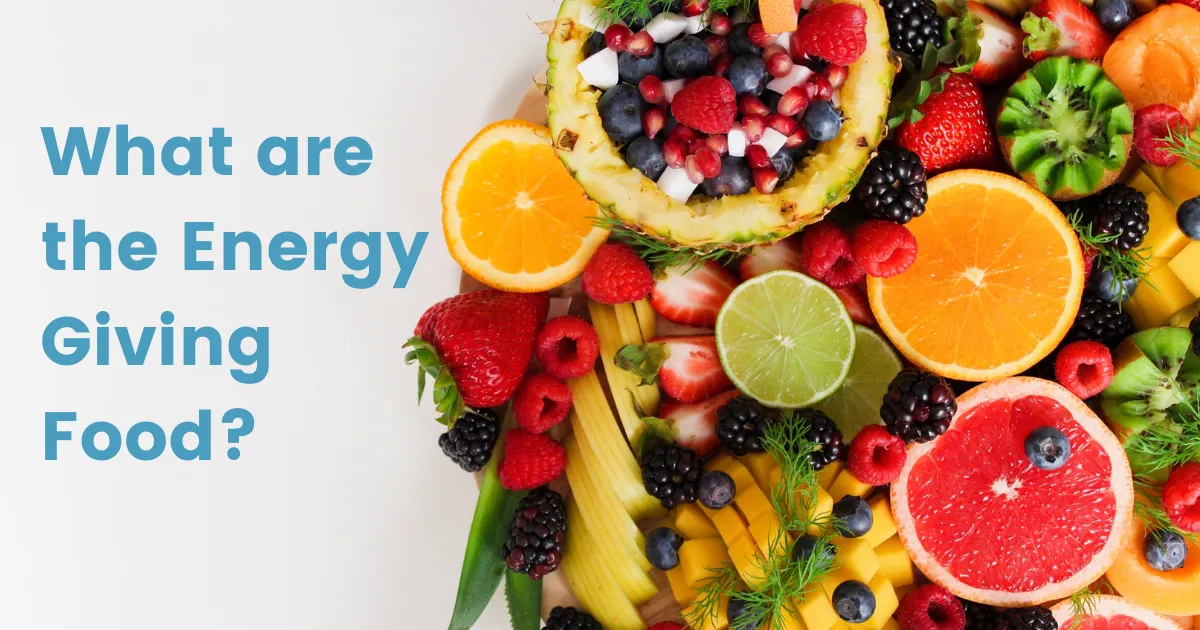
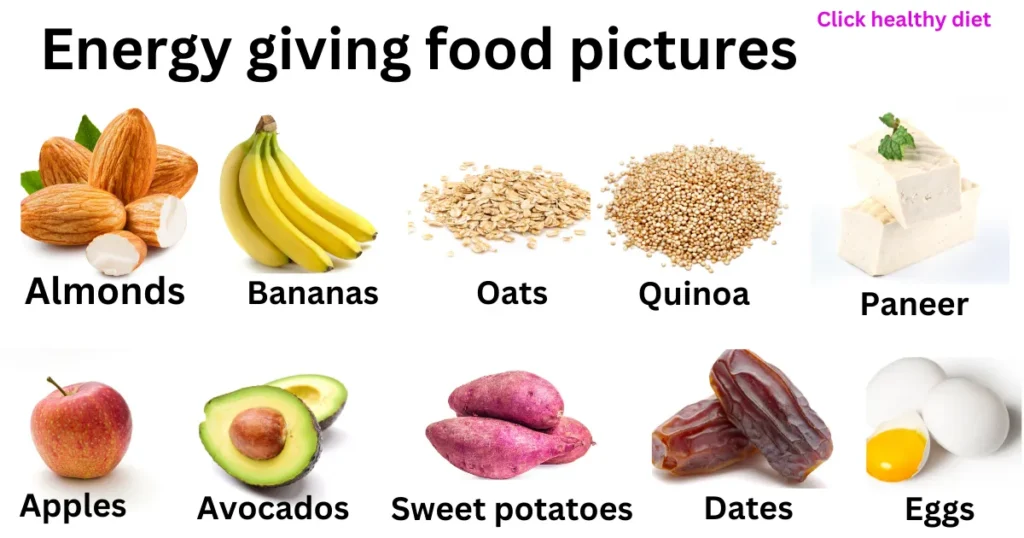

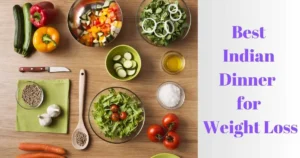
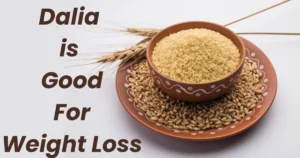
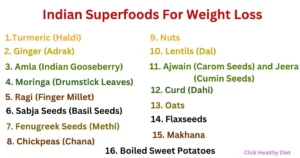
1 thought on “What Are The Energy Giving Food-10 Best Food Examples!”